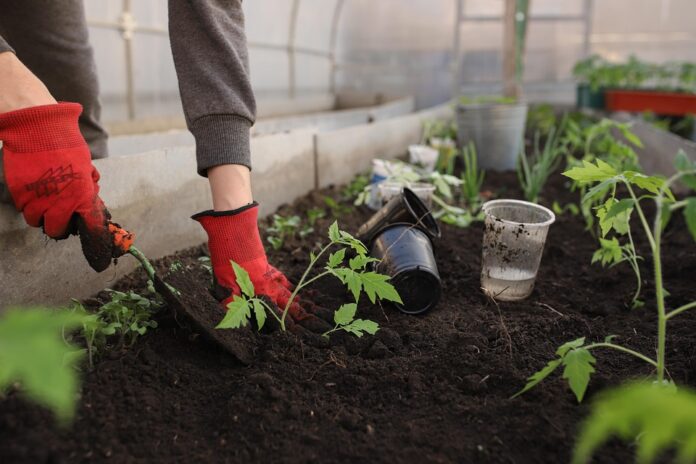Vacuum Sealed Packaging for Frozen and Precooked Vegetables
Introduction
Vacuum sealed packaging has become a popular choice for frozen and precooked vegetables due to its ability to preserve freshness, extend shelf life, and maintain the quality of the products. This type of packaging involves removing air from the package before sealing it, creating a vacuum environment that helps prevent food spoilage and freezer burn. In this report, we will explore the benefits of vacuum sealed packaging for frozen and precooked vegetables, as well as the companies leading the way in this industry.
Benefits of Vacuum Sealed Packaging
One of the main advantages of vacuum sealed packaging for frozen and precooked vegetables is its ability to extend the shelf life of the products. By removing air from the package, the growth of bacteria and mold is inhibited, leading to longer-lasting freshness. This is especially important for frozen vegetables, which can easily deteriorate in quality if not properly stored.
In addition to prolonging shelf life, vacuum sealed packaging also helps maintain the taste, texture, and nutritional value of the vegetables. By sealing the products in an airtight environment, their natural flavors and nutrients are preserved, resulting in a higher quality end product for consumers.
Another benefit of vacuum sealed packaging is its convenience. The packages are typically easy to open and reseal, making them ideal for busy consumers who want quick and easy meal options. Additionally, the compact size of vacuum sealed packages makes them easy to store in the freezer or pantry, saving space and reducing food waste.
Industry Insights
The market for vacuum sealed packaging for frozen and precooked vegetables is experiencing steady growth, driven by increasing consumer demand for convenient and healthy food options. According to a report by Market Research Future, the global vacuum packaging market is expected to reach $34.24 billion by 2023, with a compound annual growth rate of 4.59% from 2017 to 2023.
Leading companies in the vacuum sealed packaging industry include Sealed Air Corporation, Amcor PLC, Berry Global Inc., and Coveris Holdings SA. These companies offer a wide range of packaging solutions for various food products, including frozen and precooked vegetables. They invest heavily in research and development to innovate new packaging technologies that meet the evolving needs of consumers and food manufacturers.
Financial Data
Sealed Air Corporation, a global leader in food packaging solutions, reported revenue of $4.8 billion in 2020, with a net income of $324 million. The company’s food packaging segment, which includes vacuum sealed packaging for vegetables, accounted for a significant portion of its total revenue.
Amcor PLC, another key player in the packaging industry, generated revenue of $12.5 billion in 2020, with a net income of $318 million. The company offers a wide range of packaging solutions, including vacuum sealed packaging for frozen and precooked vegetables, to customers in over 40 countries.
Conclusion
In conclusion, vacuum sealed packaging is an effective and efficient way to preserve the freshness and quality of frozen and precooked vegetables. The benefits of vacuum sealed packaging include extended shelf life, maintained taste and nutrition, and convenience for consumers. As the market for vacuum sealed packaging continues to grow, companies like Sealed Air Corporation and Amcor PLC are at the forefront of innovation, providing cutting-edge packaging solutions for the food industry. With the demand for convenient and healthy food options on the rise, vacuum sealed packaging is poised to play a key role in meeting the needs of consumers around the world.




